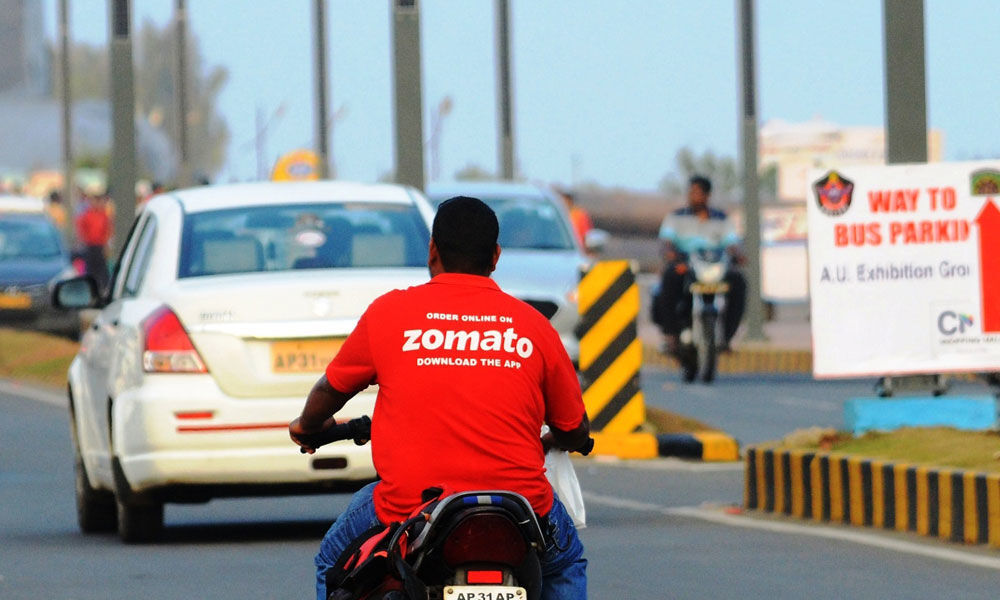Nutritionists warn customers against online food apps
 Nutritionists warn customers against online food apps
Nutritionists warn customers against online food appsWith food delivery apps such as Swiggy, Zomato and Uber Eats frequenting the urban kitchens more than ever, bringing 'restaurant food' home has now become a norm in several households. But what turns out to be a cause for concern is how healthy is the practice of dependence on these food delivery apps on a regular basis.
Visakhapatnam: With food delivery apps such as Swiggy, Zomato and Uber Eats frequenting the urban kitchens more than ever, bringing 'restaurant food' home has now become a norm in several households. But what turns out to be a cause for concern is how healthy is the practice of dependence on these food delivery apps on a regular basis.
With some food items packed in below 40-micron plastic covers, many ponder over the safety of hot food packed in such material, which could contain cancer causing chemicals.
However, despite the rising concerns, many continue to depend on these food delivery apps for a variety of reasons. "I don't know to make a pizza or biryani as it is hard to meet the expectations of my son. So, the easiest solution for this is to order online whenever he demands such items," explains Vaishnavi, a private school teacher.
While some working women find the online food apps a relief to get away from their kitchen during week-offs, there are others who consider it a necessity. Jyothi, an employee of a call centre, says, "I reach home by 7 pm and my husband an hour later. However, our children come home much ahead of us from school. That is the reason my dependence on convenience food has comparatively increased."
However, nutritionists and dietitians warn against regular consumption of such convenience food. They say that this habit in the long run may cause serious health issues, including diabetes and
obesity. Talking about the impact of convenience food, dietitian of Apollo Hospitals, Arilova, Dr S N C Vasundhara Padma says, "Reusing of oil and reheating of food cause certain chemical changes, including formation of trans-fatty acids. Regular intake of such food would eventually affect the immune system."
During exam time, when children feel more stressed, experts say that they tend to eat more.
Tips for better eating practice
- Consumption of coffee, tea, cool drinks and ice creams should be avoided. Replace them with homemade smoothies and natural fruit juices.
- Traditional breakfast like idli, vegetable upma, dosa is preferred to pizzas and burgers loaded with cheese.
- Fruits like banana, apple, pomegranate and orange can be opted for breakfast.
- Meals should not be heavy as it would cause indigestion.
- Dals, lentils, paneer, egg, milk and milk products should form a part of daily diet.
- Food should be prepared using less oil and it would be best if it is boiled, grilled or baked rather than deep fried.














